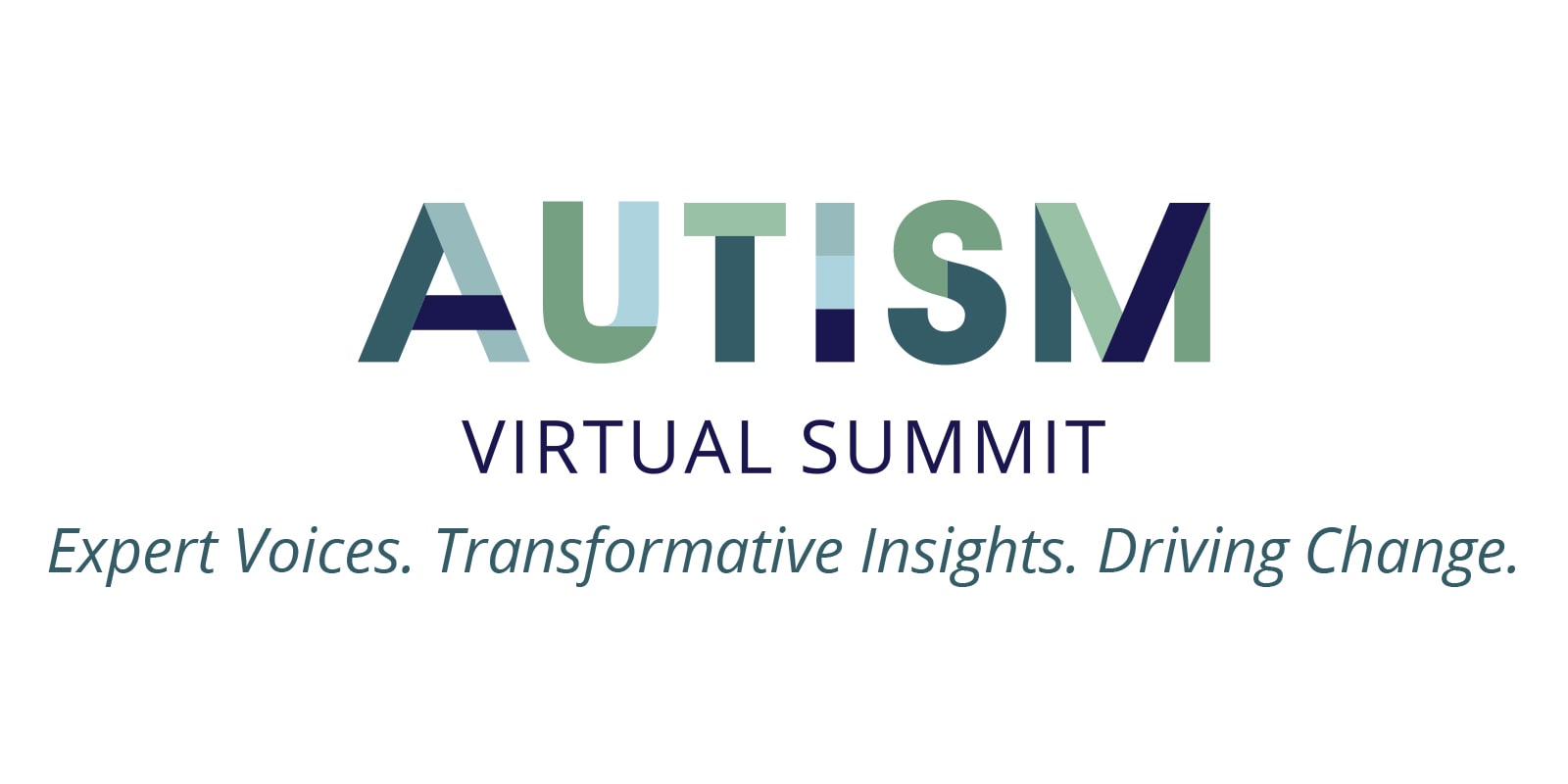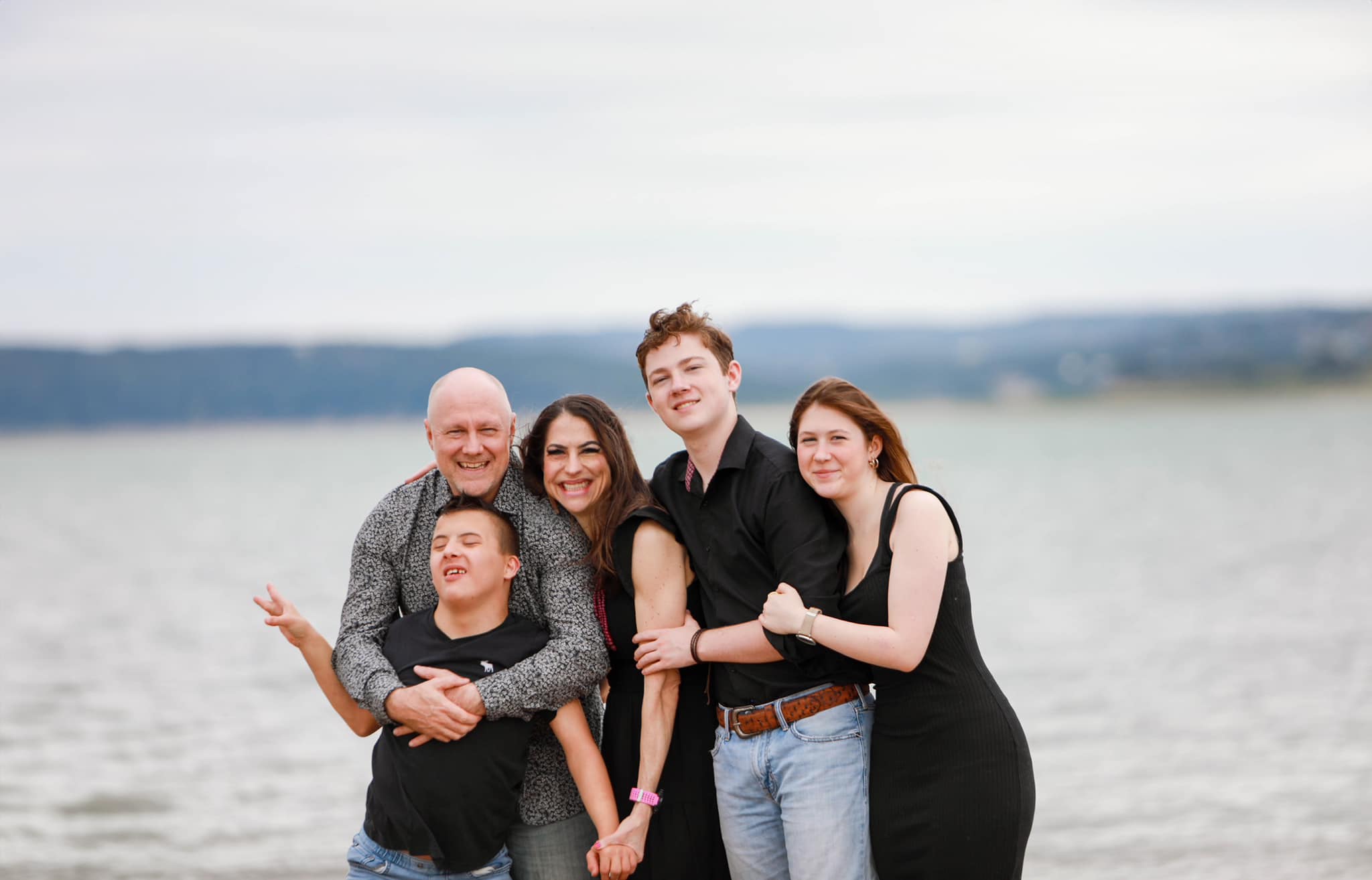The tools I helped bring to market became the ones my family needed
by Clay Richey

On June 17, global autism experts, researchers, educators and families in the autism community will gather at Pearson’s Virtual Autism Summit. For Clay Richey, who leads product development for Pearson Clinical Assessment, the event holds special meaning.
For years, I've led the Clinical Assessment product development team, collaborating with brilliant psychologists and child development researchers to create assessment tools to help identify and support neurodivergent individuals. I'd review research data, approve design changes, and celebrate product launches—all with quiet satisfaction that our work was making a difference "out there." But if I’m being honest, my understanding was somewhat abstract. I had theoretical knowledge that the measures we developed provided individuals and families with information about their child’s development and how to support them best. That all changed, however, when we had our youngest son, Nate.
Professional and parent
Nate was born with Down Syndrome, so my family knew from the beginning he would need additional support as he grew up, and we prepared ourselves for that journey. But life always has more to teach us; in this case, an additional diagnosis of Autism.
"Out there" became "right here" and the clinical language about Autism that I'd used for years suddenly carried the weight of my child's future. At the time, the additional diagnosis felt overwhelming, with new questions and uncertainties layered upon those we were already navigating.
The questionnaires I'd been a part of producing were now in my hands, waiting for me to document my son's life. The scoring systems I helped bring to market were now informing important decisions about the services my child could access.
A village of support, a determined son
Our son's journey with both Down Syndrome and Autism has been challenging and beautiful in equal measure. He has significant developmental delays and challenges with verbal communication, emotional regulation, and sensory processing. It has required a village of support—ABA therapy, dedicated speech pathologists, occupational therapists, and extraordinary special education teachers who refused to define him by what he couldn't do.
And my son? He shows up with a determination that humbles me. When something is difficult—and many things are—he tries again, and again. My wife and I are incredibly proud of him.
The professionals who have worked with our son and family for over a decade have transformed his educational experience from something that caused anxiety and frustration to the highlight of his weekly routine. They've shown me what our work at Pearson truly means when it leaves our offices and enters people's lives.

Clay Richey with his family
A more personal connection to my work, colleagues, and community
This deeply personal journey has forever changed how I approach my professional responsibilities. When we improve an assessment or support new research, it is all the more personal. When we host events like our upcoming Autism Summit, I think of the parents who, like me, are seeking the latest insights, innovative approaches, and community.
I'm profoundly grateful to be part of an organization that contributes to stories like ours and believes in helping all people live better lives through learning. I'm even more grateful for the energizing community of Autistic people, caregivers, researchers, and advocates who remind us that the most meaningful progress happens when we work together.
My son has really taught me that understanding isn't something you achieve from a distance. It happens when you're "in it" together, and in my case, when the professional becomes deeply, irrevocably personal.
Find out more and register for Pearson's Virtual Autism Summit.
Clay Richey is Vice President of Portfolio Management and Delivery for Pearson Clinical Assessments.
With 80 years of experience, Pearson's Clinical Assessment group provides over 300,000 education and healthcare professionals, including psychologists, occupational therapists, and speech-language pathologists, with world-class clinical assessment tools and services. These professionals work in diverse settings such as schools, hospitals, correctional facilities, and clinics, and Pearson serves them globally from offices in 13 countries.
